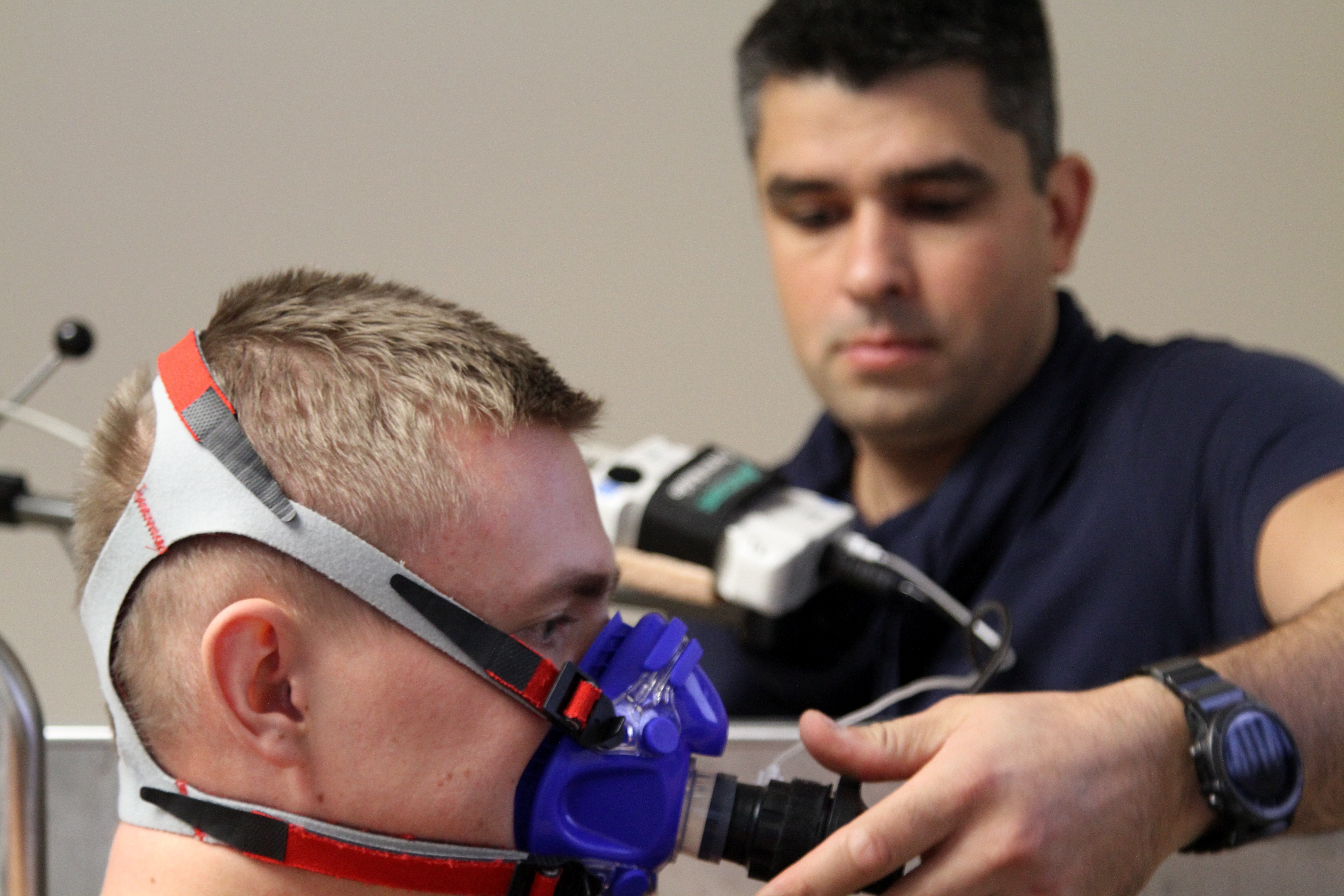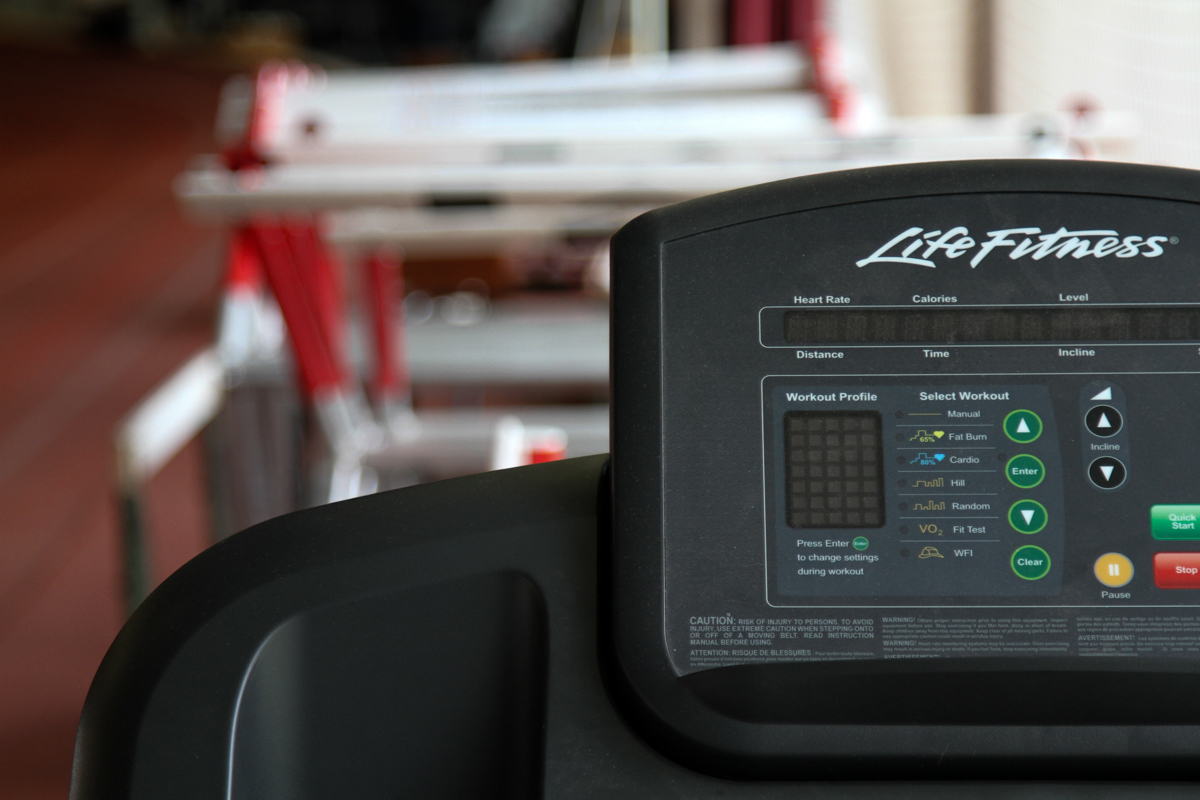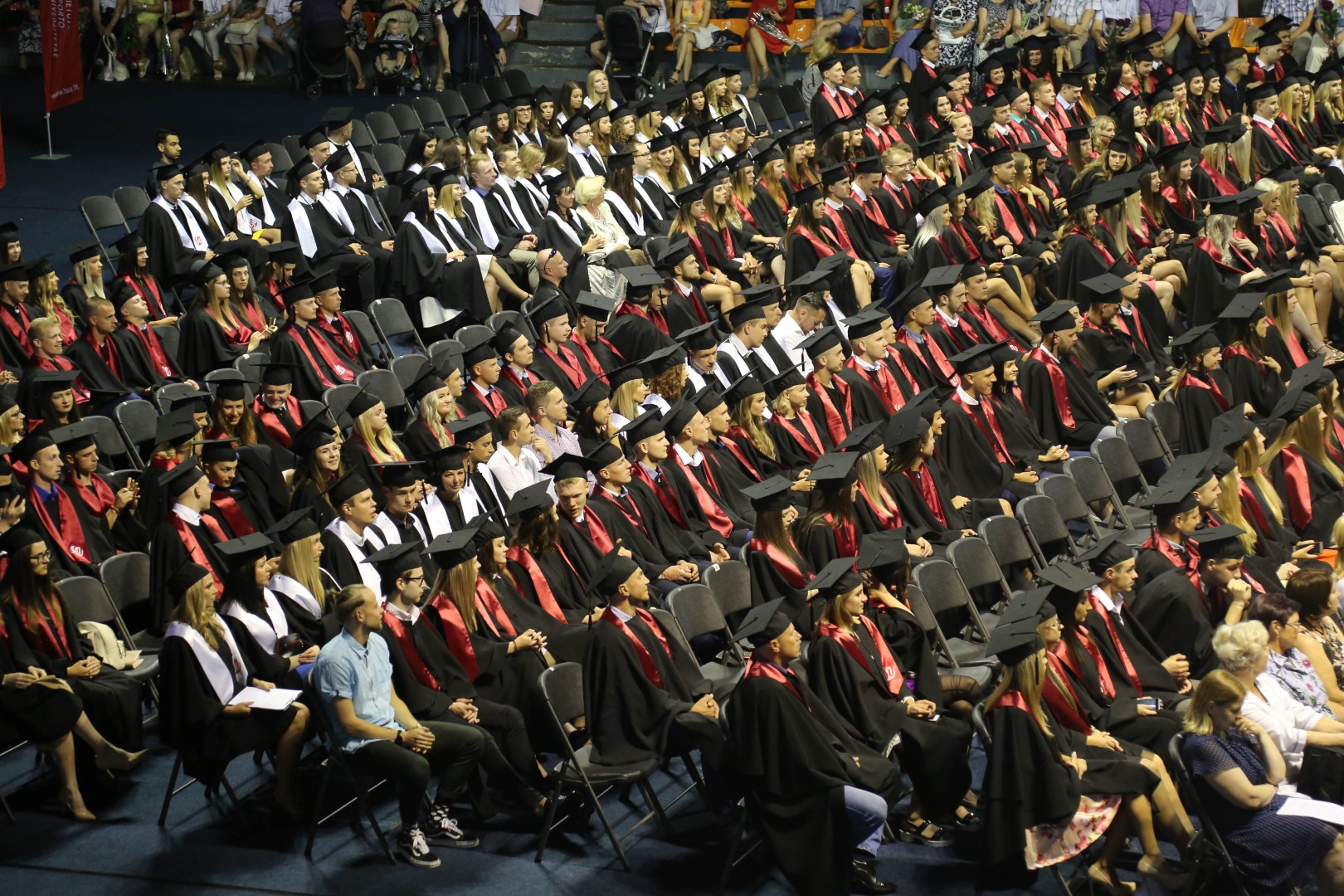The topic of the research of Lithuanian Sports University (LSU) doctoral student Viktorija Treigyte – the extended effect of post-training heating and cooling on recovery and adaptation in endurance sports – received international interest. V. Treigyte’s thesis supervisor Dr. Thomas Chaillou from Örebro University (Sweden) applied for project funding and Sweden provided a grant of about € 25,000 to implement the joint LSU and Örebro University project, which will last for one and a half years.
The aim of the project is to find out the effects of heating and cooling on endurance athletes, muscle recovery and endurance. The study of amateur and professional cyclists will help to determine whether heating and cooling have an impact on training adaptation.
“Recently, heating and cooling after various physical activities have become increasingly popular among athletes. They are believed to accelerate recovery and reduce fatigue. To date, most research has looked at the effects of cooling on post-training recovery, with less emphasis on heating. In addition, most studies focus on short-term effects that can affect muscle temperature slightly and temporarily. What is new is that no studies have yet been conducted to investigate the extended effects of both cooling and heating on the cyclists’ muscle recovery and training adaptation,” said LSU Prof. Dr. Marius Brazaitis.
LSU scientists Prof. Dr. Marius Brazaitis and Prof. Dr. Tomas Venckūnas will implement the project in cooperation with Dr. Thomas Chaillou, who has extensive experience in the study of skeletal muscles, their function, and muscle biopsy samples. LSU Prof. Dr. M. Brazaitis investigates the determinants of central and neuromuscular fatigue and physiological adaptive phenomena under cold and heat stress. Prof. Dr. T. Venckūnas specializes in exercise physiology, focusing on muscle contraction, muscle fatigue and recovery




